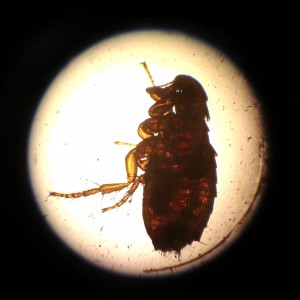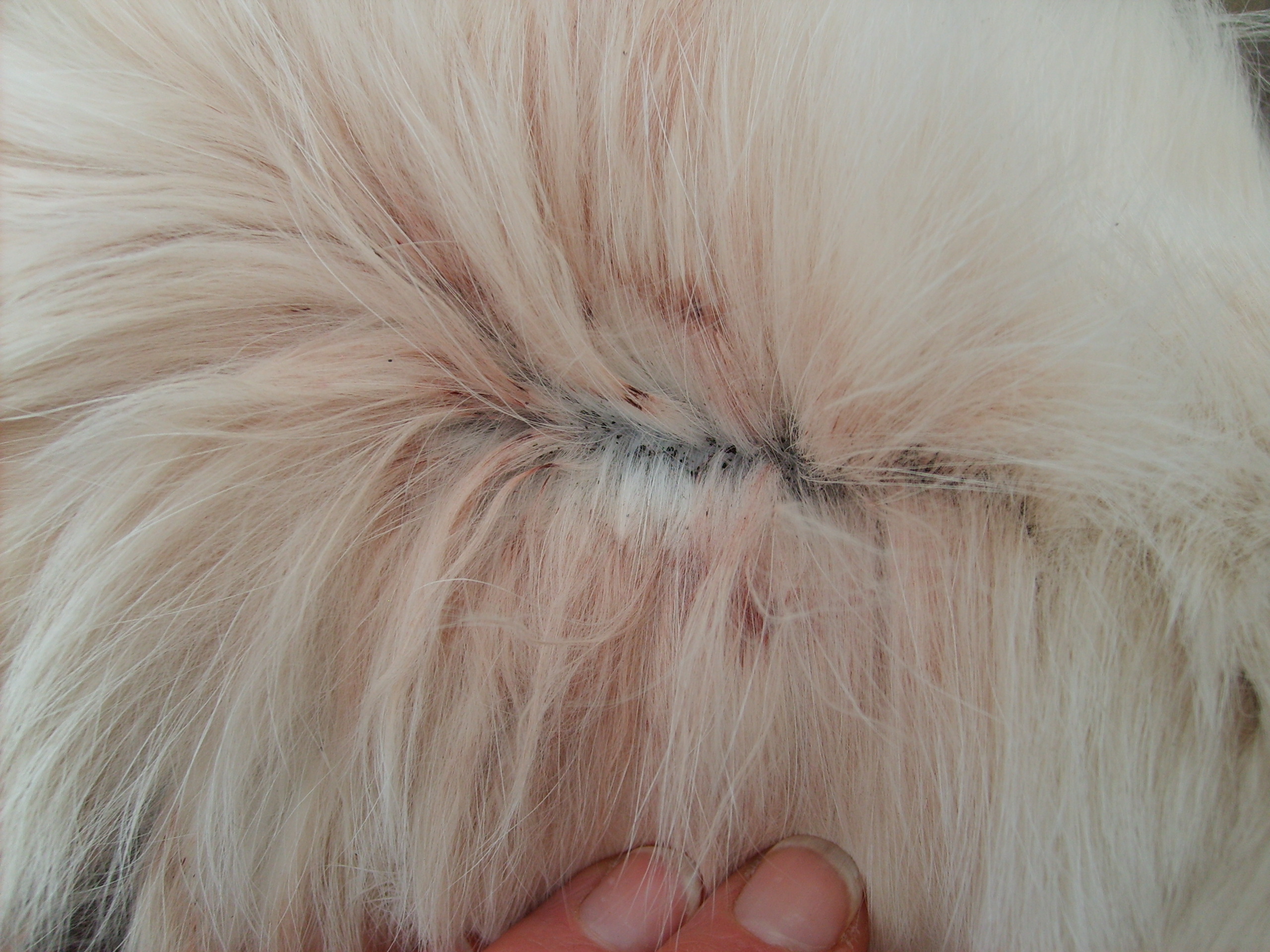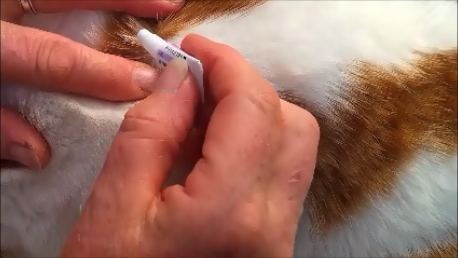Fleas
 Just the mere mention of them is enough to send most cat owners into a frenzy. These small, flat-bodied insects are no bigger than a pinhead, but sometimes it feels as though they’ve conquered the world. They’re found just about everywhere, are tough to kill and can leap many times their body length.
Just the mere mention of them is enough to send most cat owners into a frenzy. These small, flat-bodied insects are no bigger than a pinhead, but sometimes it feels as though they’ve conquered the world. They’re found just about everywhere, are tough to kill and can leap many times their body length.
Fleas can live off the blood of just about any warm-blooded animal, but they prefer the higher body temperature of dogs and cats over humans. (If your cat has fleas, you’ve probably been the unfortunate recipient of a few bites yourself!) They reproduce quickly, and their eggs can survive in the environment for long periods of time, long enough to hatch out and hop onto the next host that happens by.
A cat with fleas may scratch a lot, but not always. If your cat has fleas, you’ll probably see small, black, comma-shaped droppings on his coat (known as “flea dirt”) if you don’t see actual fleas. Both may be noticeable when the cat is being brushed – another good reason for regular grooming. To check a cat for flea dirt, stand him on a white or light-coloured surface and ruffle his fur vigorously. If you see black specks, moisten a cotton ball and smear them. If you see dark brown smears, dried blood, you definitely have a flea infestation on your hands.
Some cats are allergic to their saliva and may get an itchy rash or skin infection. If your cat has fleas, he will inevitably swallow some while grooming – and he may also pick up a tapeworm in the process. A cat that has a particularly bad case of fleas can also become anaemic due to blood loss.
 While there are plenty of them on the market, it’s best to avoid off-the-shelf sprays, powders and flea collars as they tend not to be strong enough, and some may also contain chemicals that are toxic to your pet as well as the humans in your house.
While there are plenty of them on the market, it’s best to avoid off-the-shelf sprays, powders and flea collars as they tend not to be strong enough, and some may also contain chemicals that are toxic to your pet as well as the humans in your house.
Discuss treatment options with your vet. He or she can prescribe the right medication - usually a spot on treatment or tablet - to both kill adult fleas and destroy their ability to reproduce. These medications are usually given to the cat on a monthly basis. All pets in the house have to be on some type of flea control medication for it to work. These will be a bit more expensive than using the off-the-shelf products, but a prescription medication will work better, faster and it will last longer.
Flea treatments are a standard element of care at Rolvenden Cat Rescue.
© Copyright Rolvenden Cat Rescue | Registered Charity Number 1141631 | All rights reserved | 01580 241632
